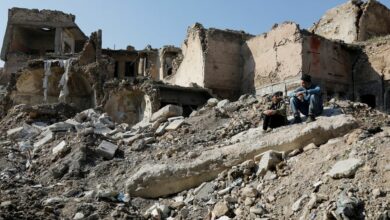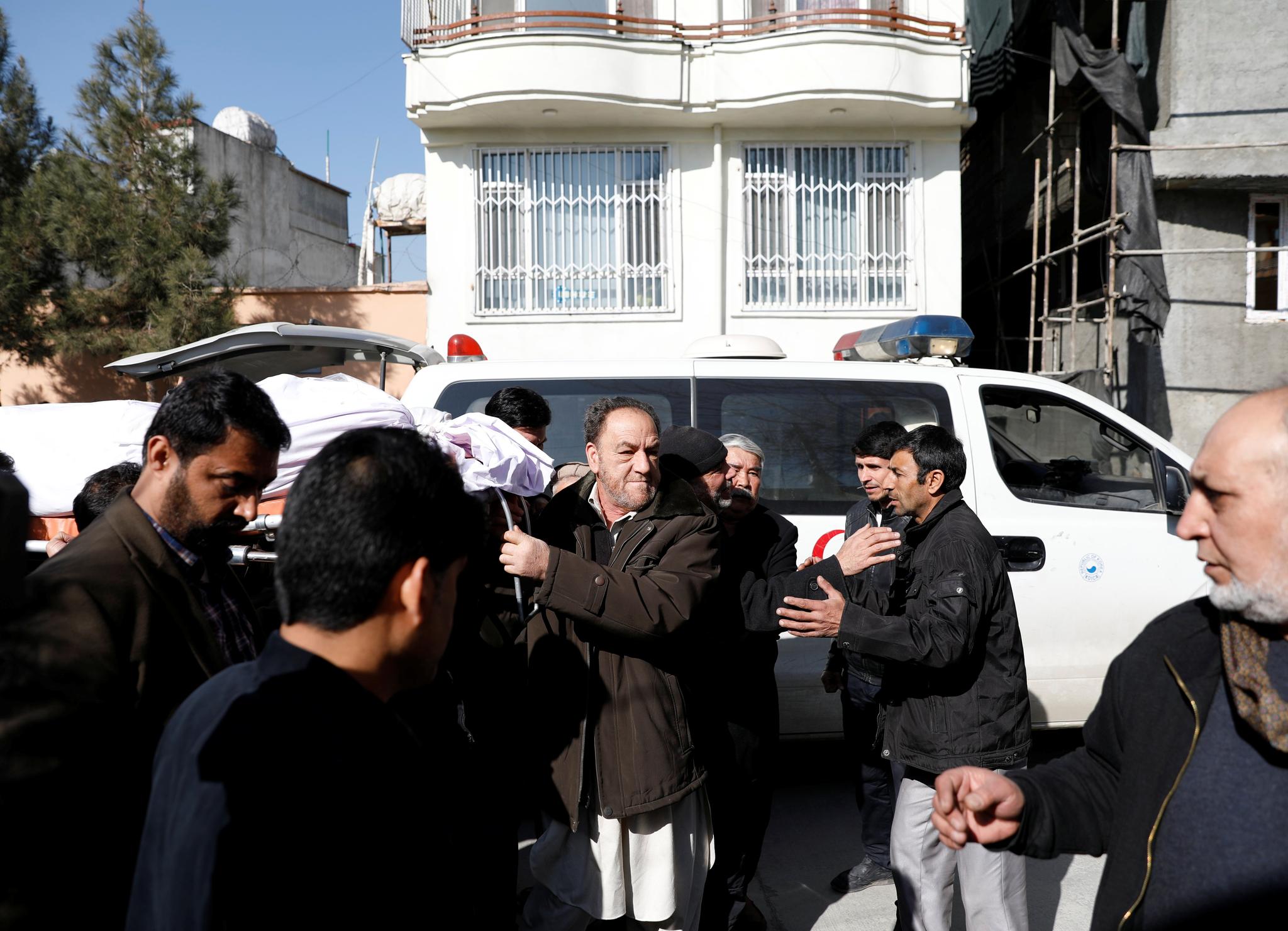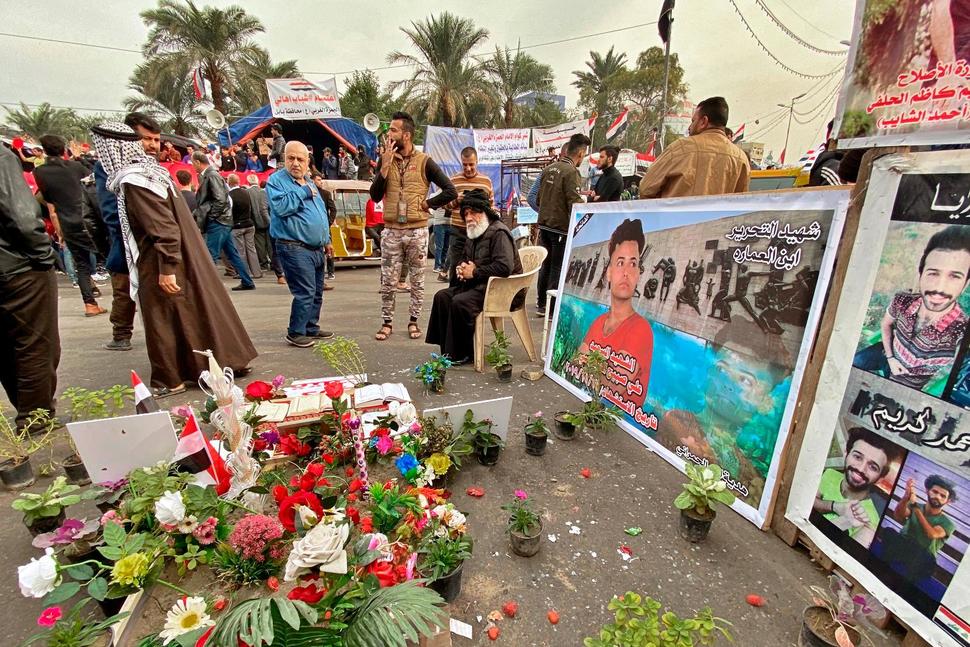As Tunisia reels from the implications of the assassination of Tunisian opposition leader Chokri Belaid, once again, events in the small North African country are reverberating further east in Egypt.
A video of the ultraconservative cleric Mahmoud Shaaban posted on YouTube days before the assassination has since gone viral, leading to nationwide condemnation from all sides of the political spectrum. In the video, Shaaban condoned the killing of opposition figures, specifically singling out Mohamed ElBaradei and Hamdeen Sabbahi, two longtime activist figures and former presidential candidates.
Shaaban justified his stance by claiming they had publicly called for ousting the elected president, Mohamed Morsy, in their own bid for the leadership in Egypt.
Shaaban’s statements were largely ignored until news of the assassination in Tunisia broke; then, governmental and Islamist public relations machines went into overdrive. The Muslim Brotherhood denounced Shaaban’s statements, and Prime Minister Hesham Qandil promised to take legal action against those who incite violence.
Centrist and far-right politicians also spoke out against Shaaban’s provocations, among them Strong Egypt Party leader Abdel Moneim Abouel Fotouh and Salafi Nour Party spokesperson Nader Bakkar.
The security sector sprung into action, with police deployed to protect the homes of both ElBaradei and Sabbahi, while the Interior Ministry issued a statement announcing its plan to secure the country’s prominent political figures, in the wake of Belaid’s assassination.
In a turbulent two-year transitional period in Egypt, the nation has not witnessed any political assassinations or assassination attempts. In stark contrast, Libya has witnessed countless attacks, both attempted and successful, while Tunisia is struggling to contain the crisis resulting from its first assassination. So what makes Egypt different?
The fallout from the Tunisian assassination has been significant. Tunisian Prime Minister Hamadi Jebali dissolved the government, a move met with stiff opposition, and protests have led to attacks on leading party Ennahda’s headquarters in several towns.
Egypt itself has faced similar elements of instability, under both the military-led transition and the elected president. Court verdicts, police brutality, sexual harassment and worker strikes have been more than enough to bring Egyptians to the streets in great numbers.
However, Egypt’s counterparts to groups in Tunisia and Libya who have undertaken assassinations may not want to risk a political assassination destabilizing a government, especially one that is already under fire.
On the other hand, rights groups continue to allege that journalists and activists are the real target. Mohamed Fetouh, Tahrir Doctors Association head, says the death of activist Mohamed al-Qorany, better known as Christie, was the result of premeditated murder.
Several prominent activists have been killed amid violent crackdowns on protests in Cairo, leading many to believe their deaths have been no coincidence. Some believe journalist Al-Hosseiny Abu Deif’s death amid violent clashes at the presidential palace in December was the result of a targeted attack, while ONtv anchor and outspoken Brotherhood critic Youssef al-Husseiny went into hiding for several days after threats were made on his life.
Attacking activists and journalists may be an indication of where the real power lies. While the main opposition bloc, the National Salvation Front, struggles to find consensus within its own ranks, the real threat to Morsy’s government is not in a group of opposition politicians.
The real threat is instead in a street movement angered by two years of complete lack of accountability and continued violence on the part of an unreformed security sector, and media that continue to speak out despite repeated clampdowns.
The possible targeting of prominent activists and journalists can be seen as an attempt to employ scare tactics to quell street protests, the same kind which accelerated the demise of Hosni Mubarak’s government.
Nancy Messieh is the associate director of the Atlantic Council’s Rafik Hariri Center for the Middle East and editor of EgyptSource, a blog following Egypt’s transition.
This piece was originally published in Egypt Independent's weekly print edition.




